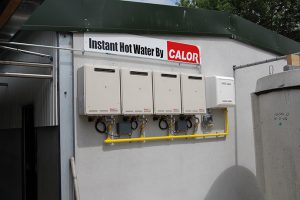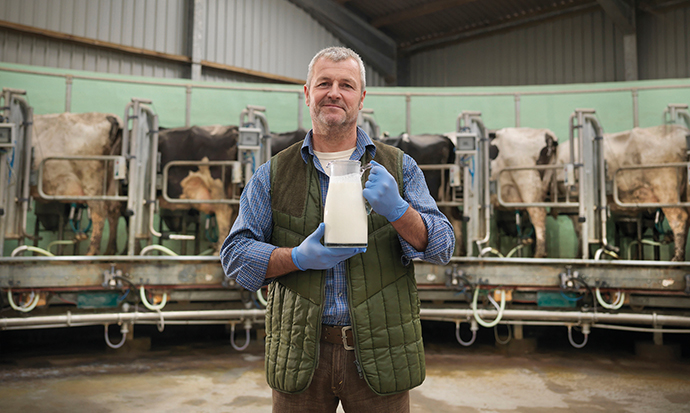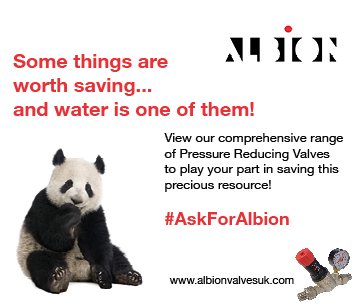Continuous hot water at a high temperature for a lower cost, whenever it’s required – that’s the promise Rinnai makes when it comes to its hot water systems.
Proving ideal for dairy farms, Rinnai hot water heaters have been installed by Calor Gas at farms up and down the country for the last few years.
“They really are ideal for dairy farmers who have to be mindful of heating their water overnight at 9.9 cents per kilowatt hour which they’ll then use in the morning. Once that water is used, they’ll need to heat more hot water and they’ll pay 18 cents per kilowatt hour for that privilege, whereas our solution would run continuously for about 8 cents per kilowatt hour. There’s a significant fuel saving there,” says Damien Shirkie at Calor Gas.
Four Calor powered Infinity Rinnai water heaters were installed at Kilmurry Lodge Farm, Ballyneale, Co. Tipperary recently. An established dairy farm with a 210 head herd, the expansion required an upgraded water heating system for the farm’s new milking parlour.
Their pre-existing electrically powered installation wasn’t capable of providing enough hot water at a high enough temperature; the new solution provides consistently hot water at 85 degrees C which is required to wash milking lines up to twice daily and the bulk storage tank every second day. There’s also no such thing as hot water storage costs with the new system as water is only heated when required.
According to Damien, about 90% of the dairy farms in Ireland currently have electric storage.
“These farmers would have a 200 or 150 litre vessel that’s heated with an electric immersion. Dairy farms would normally hot wash the bulk storage tank every day and they also need to wash down the milking equipment. The problem is that when that 150 litre of hot water is gone, the recovery time to get another 150 litres could be three or four hours. With the Rinnai system, hot water is available continuously, on demand.”
Electric heating can also pose a problem wherein the dairy farmer might want to heat his hot water up to 70 or 80 degrees but as the water is run off the store, the temperature decreases.
“They’re unable to flush with water as hot as they would like. The Rinnai system allows for temperatures of within one degree of what you require.”
With dairy farms now testing for thermoduric bacterium (bacteria which can survive, to varying extents, the pasteurisation process), it’s more important than ever to have hot water available at all times.
“Hot water helps to clean the system thoroughly and reduces the need for any chemicals being used on the site, helpful when dealing with thermoduric organisms.”
System installation is also straightforward. Heaters can be fitted either as an internal unit or an external unit. Damien says the numbers of dairy farmers opting for Rinnai systems is increasing, partly because the cost is so competitive. “Retrofitting can be a bit more difficult and may end up being more of a cost to the farmer but we’re finding that there’s a lot of investment in milking parlours at the moment and it’s at that early stage that you tend to get a lot of enquiries. As more and more dairy farmers recognise the advantages of the Rinnai system, we expect installation to increase in 2016 and beyond.”
T: For more information on Rinnai, contact Hamilton Gas Products on +44 (0)28 9146 1111 or Damien Shirkie on 087 241 2837
www.gasproducts.co.uk











